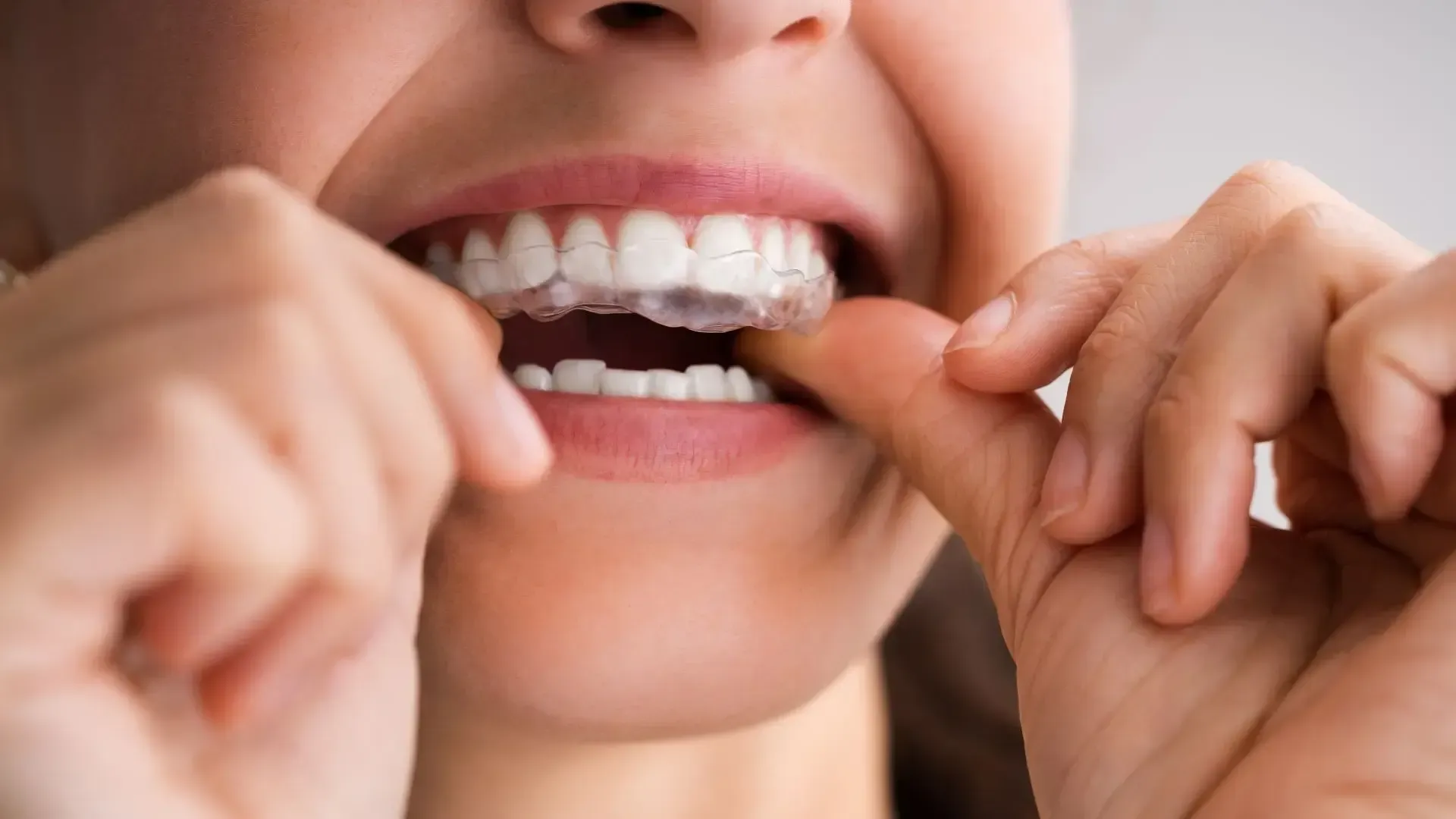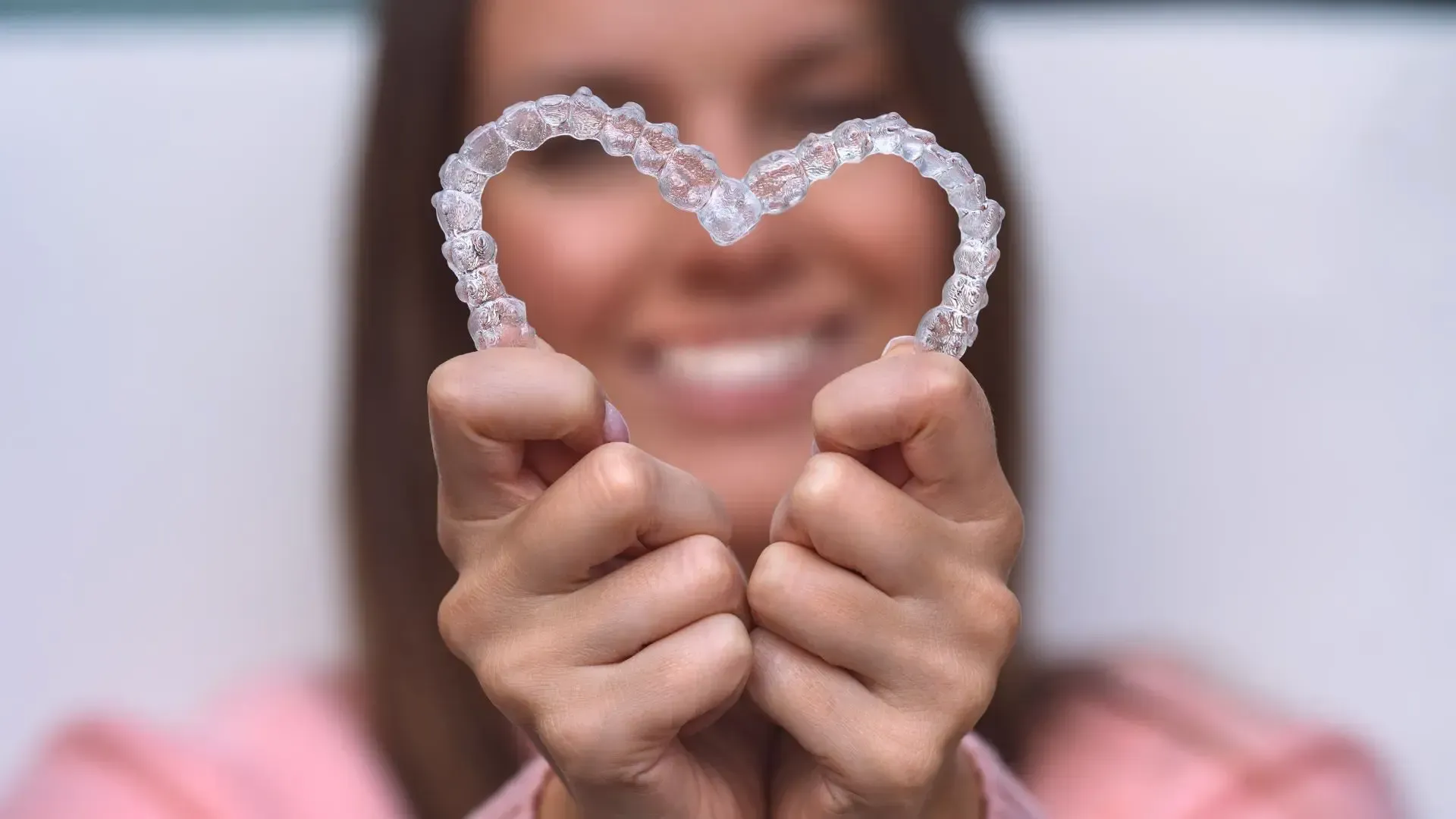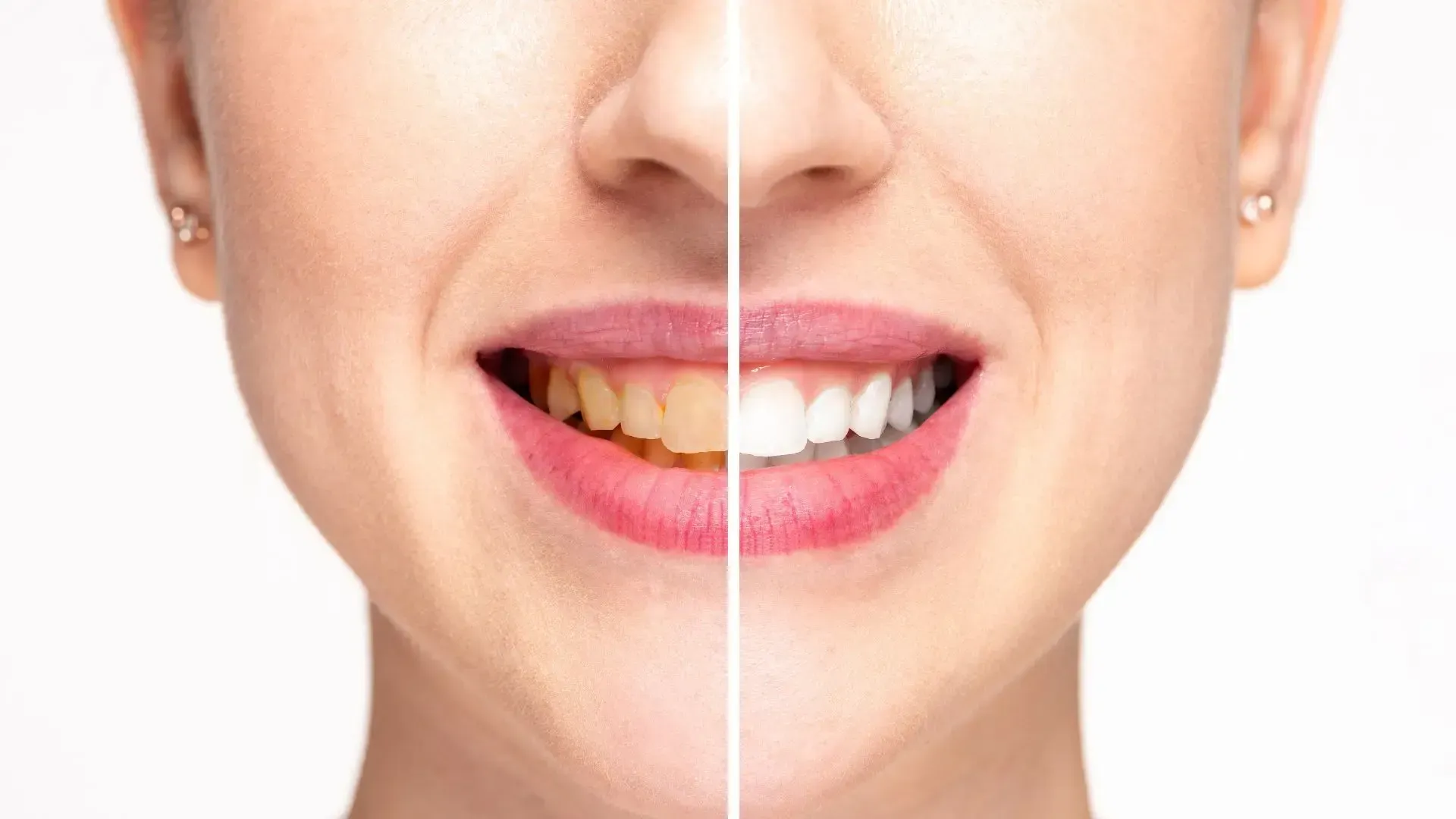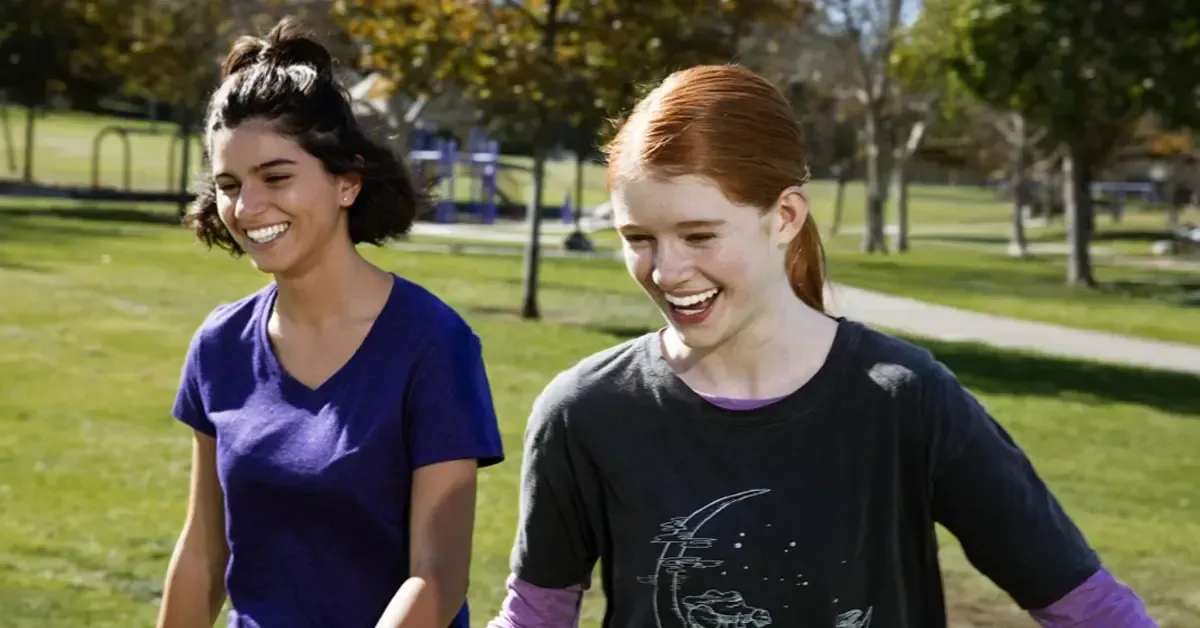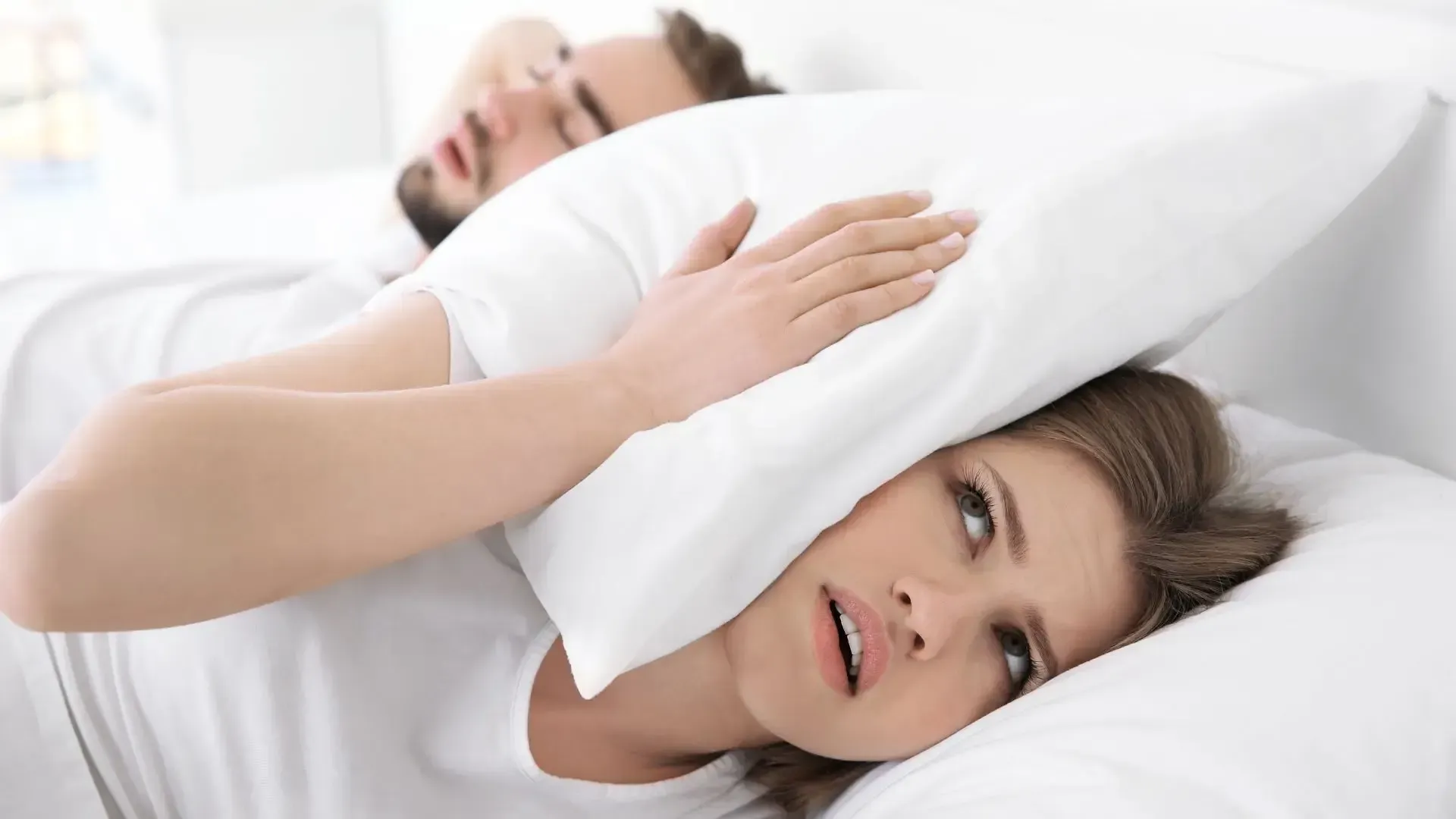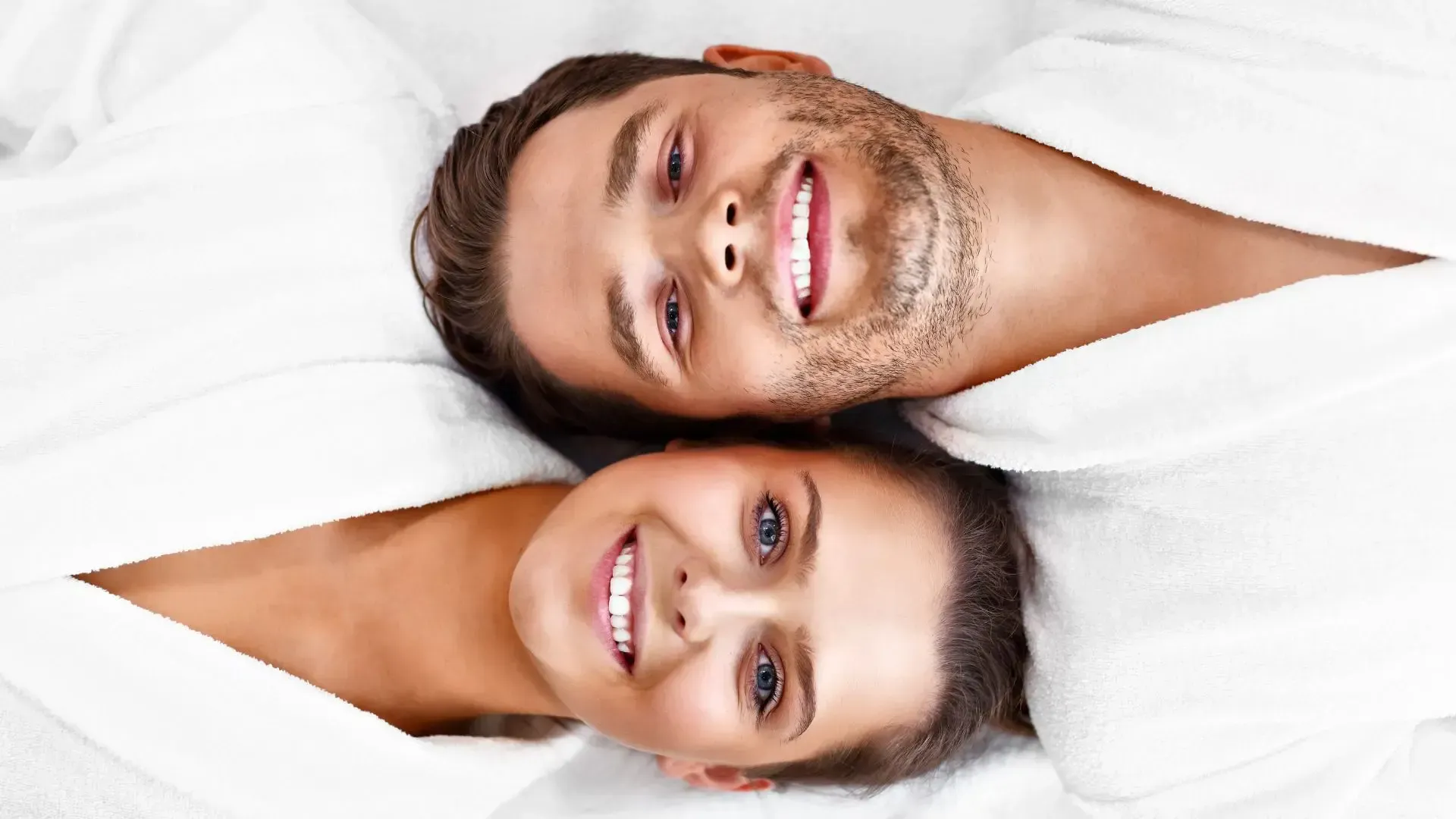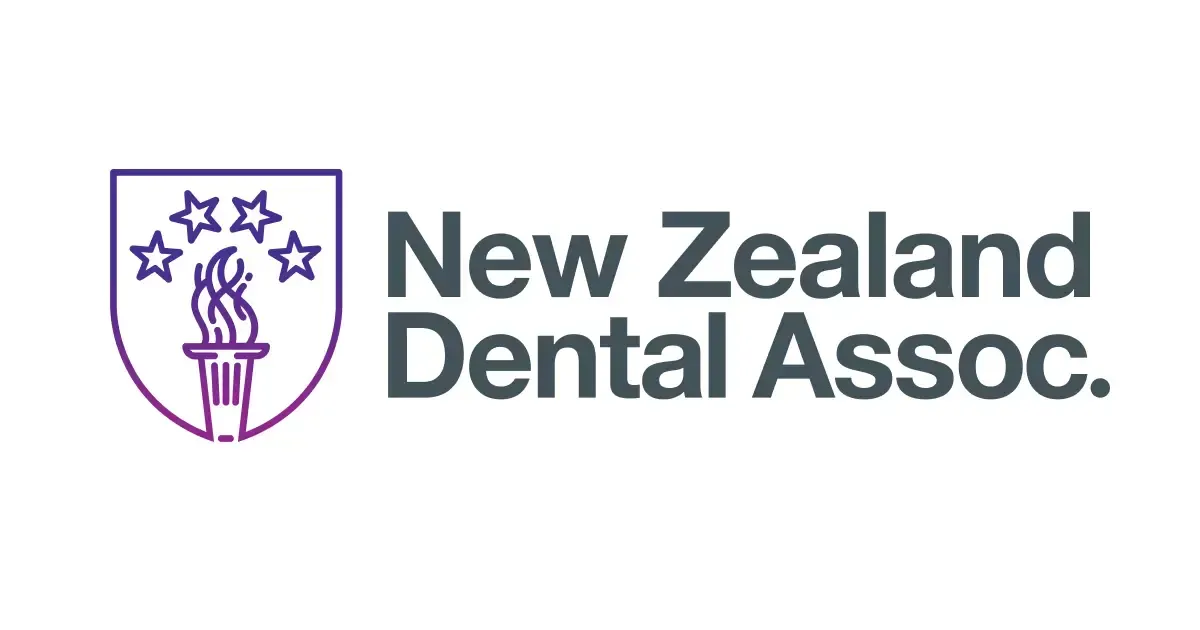Sugary Drinks: What’s the Hidden Price of Sweet Hydration?
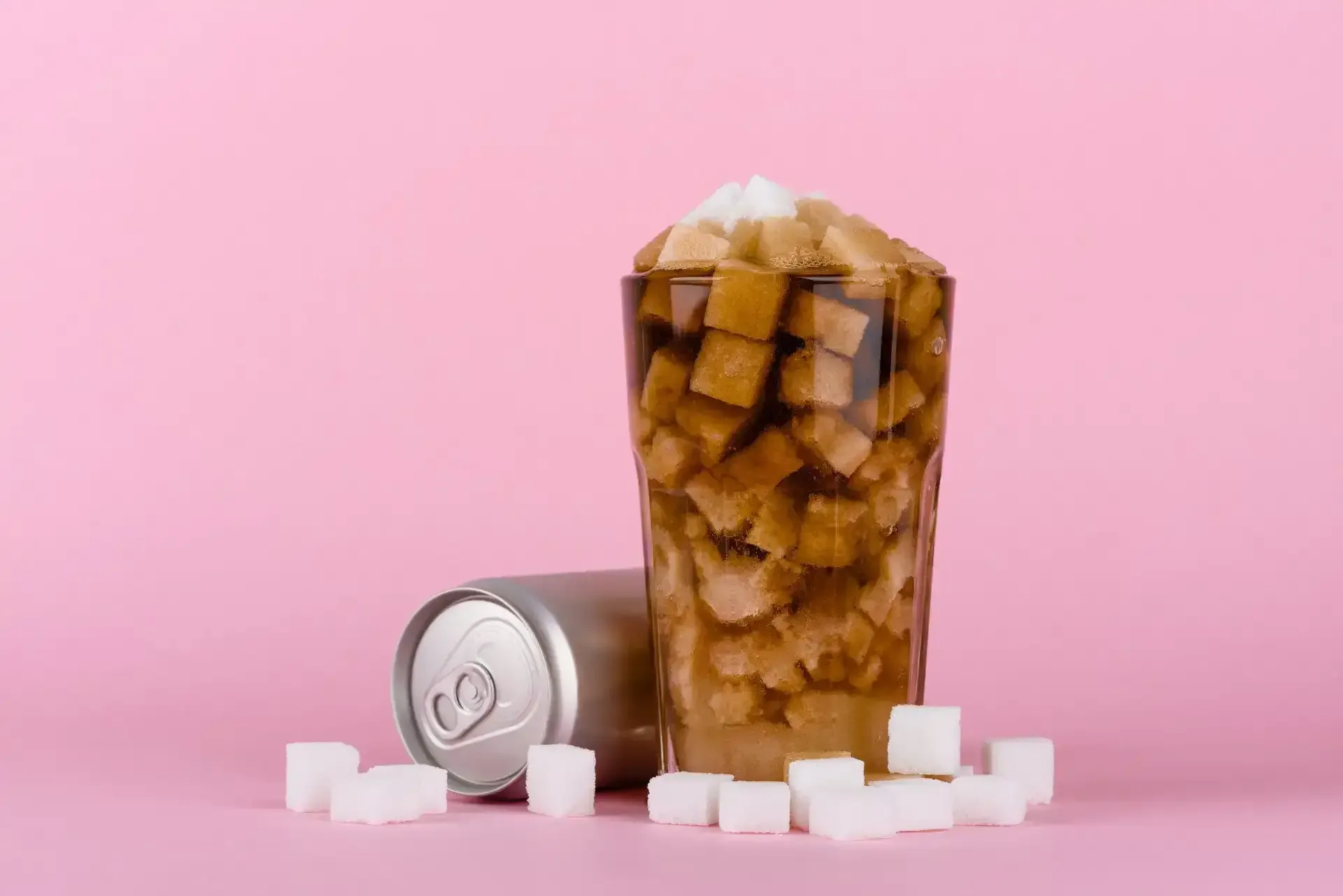
When the mercury is heading north you may be dreaming of heady days on the beach or lounging in the sun, but its important to remember that the high temperatures bring with them the risk of dehydration.
Keeping hydrated is important; your body needs more liquids in hot weather, so drinking to stay cool and healthy is critical to your wellbeing. However, not all beverages are made equal when it is a question of hydration, or dental health.
When it comes to maintaining your family’s oral health, you know how important it is to avoid certain foods
and to brush correctly and floss, but are you as mindful about the drinks they consume?
Sugar is hidden in all kinds of drinks, such as fruit juices and soft drinks, but it can cause serious dental and general health problems; yet they remain the go-to beverages for adults and children alike.
Here are some common alternative names for sugar found on ingredients labels to keep an eye out for:
- Sucrose
- Fructose
- Glucose
- Corn syrup
- Molasses
Be aware of the sugar-free, zero-calorie and diet varieties of drinks, too. They typically contain artificial sweeteners that are high in acid that contributes to tooth erosion.
Why are sugary drinks so bad?
Consuming excessive sugar goes hand in hand with the consumption of excessive calories. This means that if you regularly drink sugary drinks you are more likely to gain weight and be at greater risk of developing serious medical conditions such as:
- Type 2 diabetes
- Heart disease
- Kidney disease
- Non-alcoholic fatty liver disease
Picture this: one can of sugary drink a day can lead to a 6.5kg weight increase in one year. (Source: New Zealand Dental Association).
What do sugary drinks do to teeth?
As well as being inefficient at rehydrating you in hot weather (they use your body’s water to metabolise the refined sugar, which triggers more thirst), sugary drinks deposit a film of sugar on your teeth.
The bacteria that is naturally present in your mouth feeds off the sugars and produces acid. The acid dissolves the enamel on your teeth increasing the likelihood of cavities. You are also more susceptible to gum disease and sensitive or painful teeth
as the inner layers of the teeth become exposed.
Drinking the wrong beverages can slow down or even reverse the effects of your dental care routine.
How to avoid damaging your teeth
In the ideal world you would avoid drinking sugary drinks (and this includes alcohol which is highly acidic); however, if you are going to drink sugary drinks, the following tips can help to reduce the damage:
• Read the label and check the ingredients!
• Use a straw so that your teeth are less exposed to the sugar.
• Do not sip the drink over a long period. The damaging reaction lasts for around 20 minutes, so every sip starts the process again.
• Drink a glass of water after you have finished the sugary drink. This dilutes and flushes the acid that has been produced.
• Use water to dilute natural fruit juices to reduce the amount of sugars being consumed. Fruit juices contain no fibre, so its best to eat your fruit to gain the vitamins.
• Brush your teeth after you have finished the drink. Use a toothpaste and mouthwash that contain fluoride to strengthen the enamel.
Duxton Dental have treated clients in our dental clinics in Christchurch since 1996. In that time, our Riccarton dentists have noticed a significant increase in dental treatment that can be attributed to the rise in popularity of sugary drinks. The best way to stay hydrated and keep your oral hygiene pristine is to drink water. If you have any concerns about how to keep your smile healthy, contact us
today.






